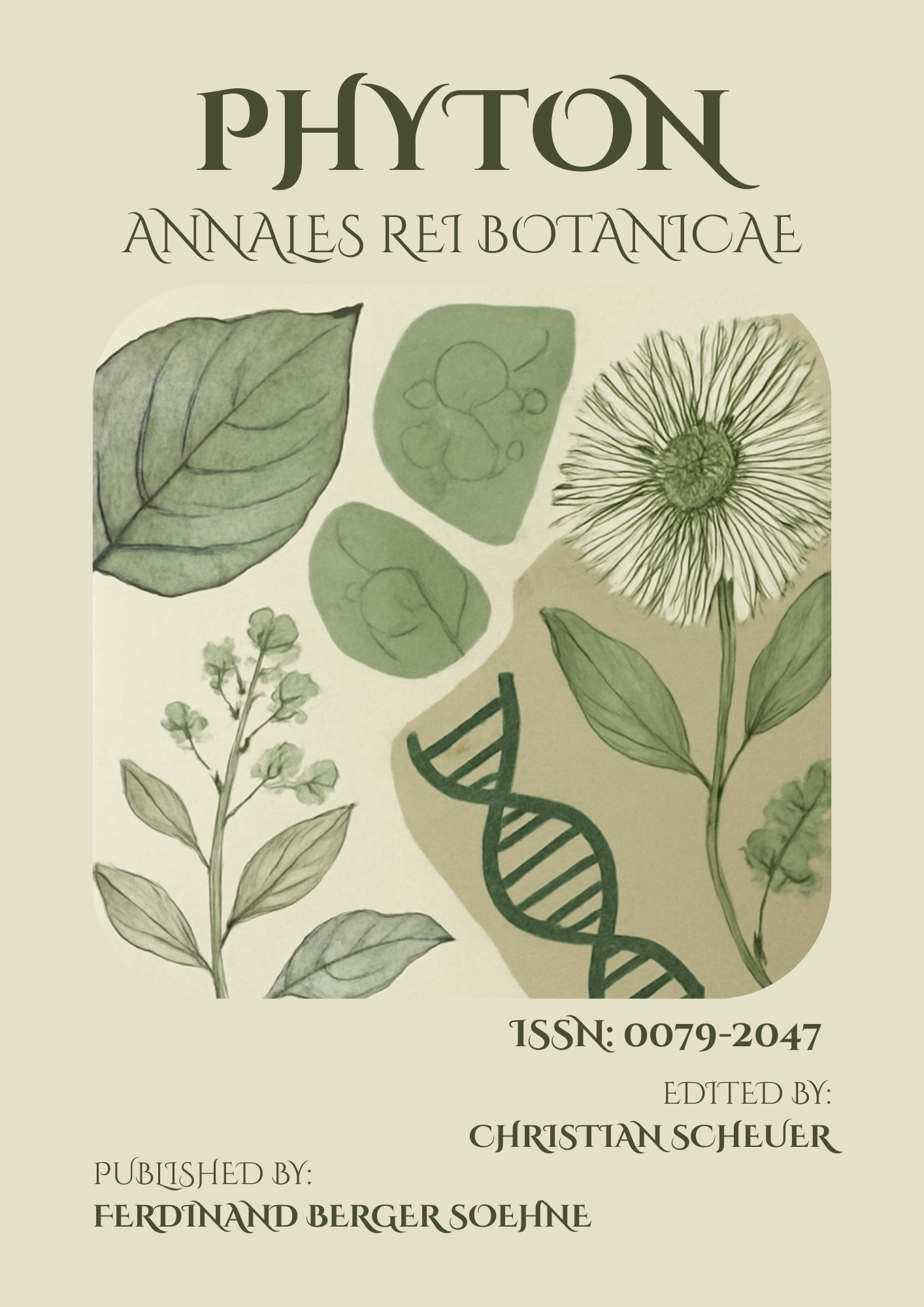Investigating the Role of Phytochemicals in Preventing Plant Pathogen Infections: A Case Study in Africa
Keywords:
plant pathogens, phytochemicals, natural resistance, disease management, AfricaAbstract
The use of phytochemicals as natural plant protectants is gaining attention in Africa due to their potential to reduce the reliance on chemical pesticides. This study explores the role of phytochemicals in enhancing plant resistance to common pathogens in sub-Saharan Africa, including Fusarium, Phytophthora, and Xanthomonas species. A series of laboratory and field experiments were conducted with different plant species, including maize, cassava, and tomatoes, grown in various African regions. The results demonstrated that plants treated with extracts from indigenous medicinal plants such as Aloe vera, Neem (Azadirachta indica), and Ginger (Zingiber officinale) showed significant resistance to pathogen infection, reducing disease severity by 35–45%. Phytochemical analysis revealed that compounds such as saponins, flavonoids, and alkaloids were primarily responsible for this enhanced resistance. The study also compared the effectiveness of phytochemical treatments with conventional chemical pesticides, finding that while the latter provided faster results, the former were more sustainable, non-toxic, and environmentally friendly. These findings support the potential of incorporating phytochemicals into integrated pest management (IPM) strategies in African agriculture, contributing to sustainable farming practices that align with global goals for reduced pesticide use and environmental protection.
Published
How to Cite
Issue
Section
License
Copyright (c) 2023 PHYTON-ANNALES REI BOTANICAE

This work is licensed under a Creative Commons Attribution-NonCommercial-ShareAlike 4.0 International License.
This article is published under the terms of the Creative Commons Attribution-NonCommercial-ShareAlike 4.0 International License (CC BY-NC-SA 4.0). Readers may share and adapt the material for non-commercial purposes, provided appropriate credit is given and adaptations are shared under the same license.



